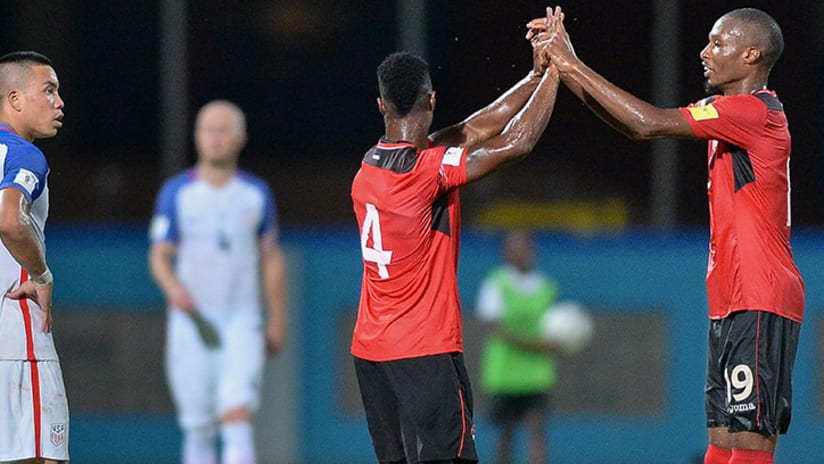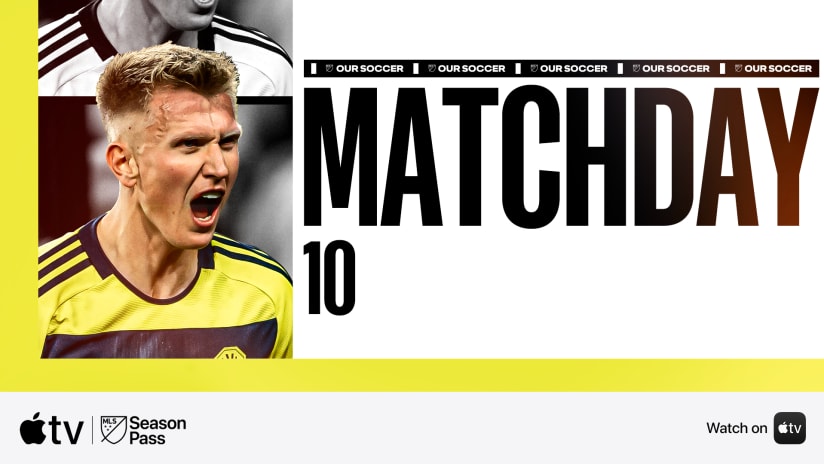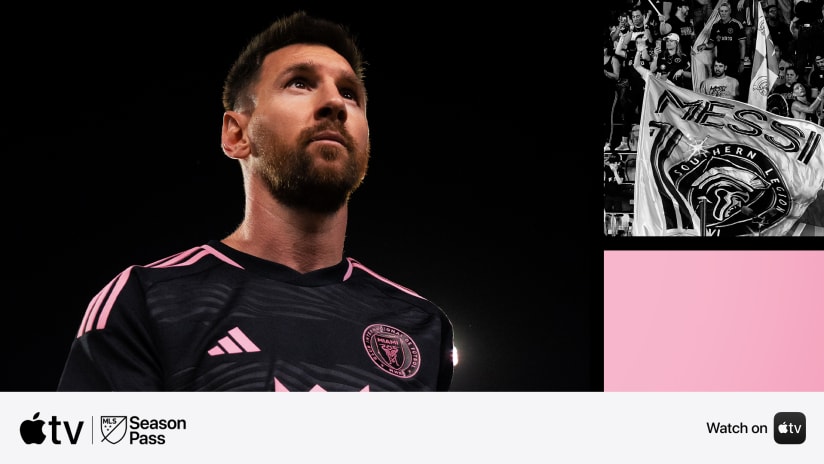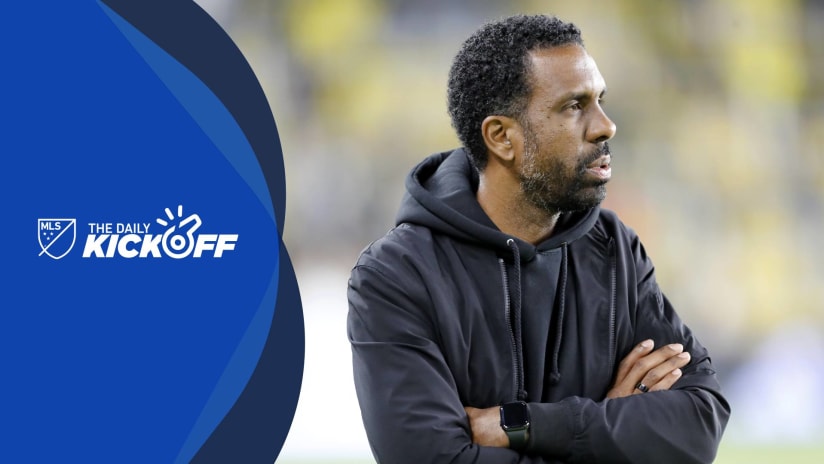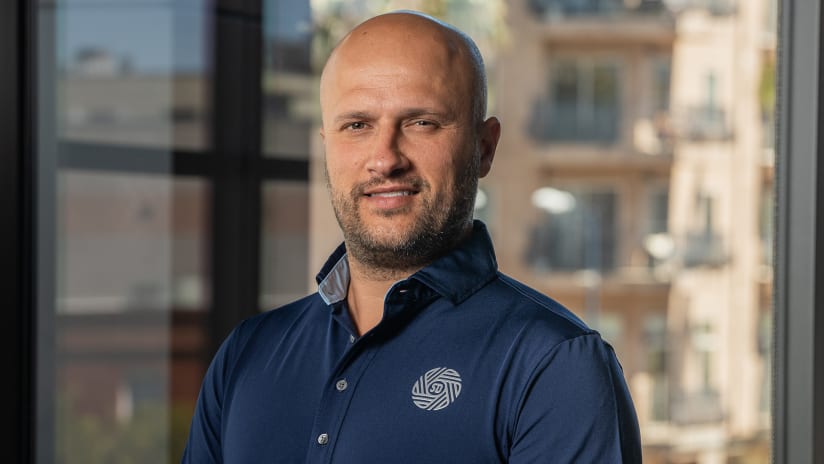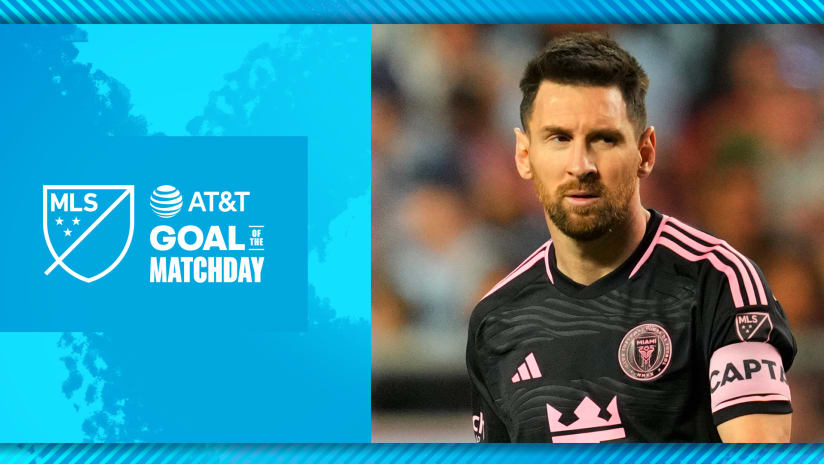On Friday morning, in a conference call that followed Bruce Arena's inevitable resignation, Sunil Gulati took responsibility for the United States national team's World Cup qualifying failure. US Soccer's long-time president did not, however, resign from his post or rule out a fourth and final run in next spring's presidential election.
You can find Gulati's comments plastered all over this website and everywhere else the beautiful game is covered in the United States. The future of US Soccer is big news and will be so for the foreseeable future, deservedly so given the magnitude of the failure and calls from fans, former players and journalists for substantive change. I am sure you have an opinion – listen to ExtraTime Radio, watch Club & Country or follow on Twitter for mine – and I encourage you to voice it in the comments section or wherever else you feel appropriate.
This is a story that's not going away, not with the stakes and emotion involved and not with an election that just got a whole lot more complicated and contested just months away.
Make no mistake, Gulati's role in making soccer the sport it is today cannot be ignored. He's been a steward of unprecedented success, both competitively and financially, and devoted more than 30 years of his life to making the game in the US reflect some, if not all, of our dreams. But the current system is not without flaws – every nook and cranny should be examined critically – and Tuesday was a gut punch, body slam and choke hold that laid many of us out for the count.
Still, as Matt Doyle put it on Thursday's ExtraTime Radio postmortem, which you can listen to above, "Soccer is not broken in this country and improvement is almost never going to be linear." He's right. Soccer is not broken, but we should constantly strive to improve our lot. There is plenty to be proud of, even if it doesn't feel that way right now, and there are games to play, a program to evaluate and revive and no time to waste.
Short-term goals
The US will play at least one game in November, likely two, and someone must lead the team and find a way to plot the first navigational waypoints en route to the team's next competitive game, nearly two years away at the 2019 CONCACAF Gold Cup, then onward through World Cup qualifying and on to the World Cup.
“We’ve got two different processes. One is a short-term process about who is going to take the team in November," Gulati said Friday, "then a longer review of the program and decisions about long-term planning for the coach. We don’t need a long-term, four-year commitment to a coach by February or March.”
In the short term, that person will be identified by committee, with Gulati, as he has been for past coaching hires, responsible for the final decision. On Friday, Gulati said an announcement would come in the next seven to 10 days. I, like many others, expect Under-20 coach and youth technical director Tab Ramos to be named interim coach.
That decision, the only logical one in my opinion given the quick turnaround and Ramos' familiarity with the player pool and infrastructure at senior and youth levels, gives the US a platform on which to begin a roster rebuild. Change is coming and new leaders must emerge, that much is certain when you consider 14 of 23 players on Tuesday's gameday roster were 30 or older and only three were younger than 24.
Five years is a long time, and Ramos knows the pool of 2022 World Cup hopefuls better than anyone given his dual roles as U-20 boss and youth technical director, in which he presided over a turnaround in results and restocked the pantry with talent, much of it from MLS academies. He's also well positioned to identify which senior players can help begin the transition or remain key contributors (DeAndre Yedlin, for example) after serving as Jurgen Klinsmann's assistant.
Whether it's Ramos or another candidate, that coach should hold on to the interim tag through at least the presidential elections and ideally next summer's World Cup to allow the pool of potential permanent head coaching applicants to widen.
The other massive hire
In a perfect world, the appointment of a full-time head coach would be made not by the president of the federation, whoever that turns out to be, but by a technical director hired to develop and implement a cohesive developmental and competitive plan for players and coaches. The job is too big for one man. Klinsmann held both roles, and we know how that turned out. Ramos, meanwhile, has done much of the heavy lifting in the past year and a half, especially since the youth programs fell under his purview.
“We ideally would like to have a technical director," Gulati said. “... We do see having two distinct roles, if we can find the right people. [Technical director] is a very unique and specific role, and frankly in many ways harder to fill than the national team coach role. In terms of measuring the success or failure or progress of that role is a lot harder because it is a long-term situation.”
He's right. It's not an easy position to fill, but it's time for the sporting side of the US Soccer men's program to fall under the umbrella of an expert in their field.
And because it requires a long-term commitment, as Gulati says, that person must have the backing and confidence of the president elected in February, the board and the soccer community. They must be intimately familiar with the intricacies of the American soccer scene, and adept at the political maneuvering required to keep all parties pulling in the same direction.
These are massive decisions. They will decide our national team's future, and by extension the future of the game in the US. Will this be a solitary nightmare, a World Cup lost but lesson learned? Or a sign of things to come? Whoever assumes the mantel of responsibility must ensure it is the former, and we must hold them to that standard.
Soccer is not broken in the United States, but it can always be better.

